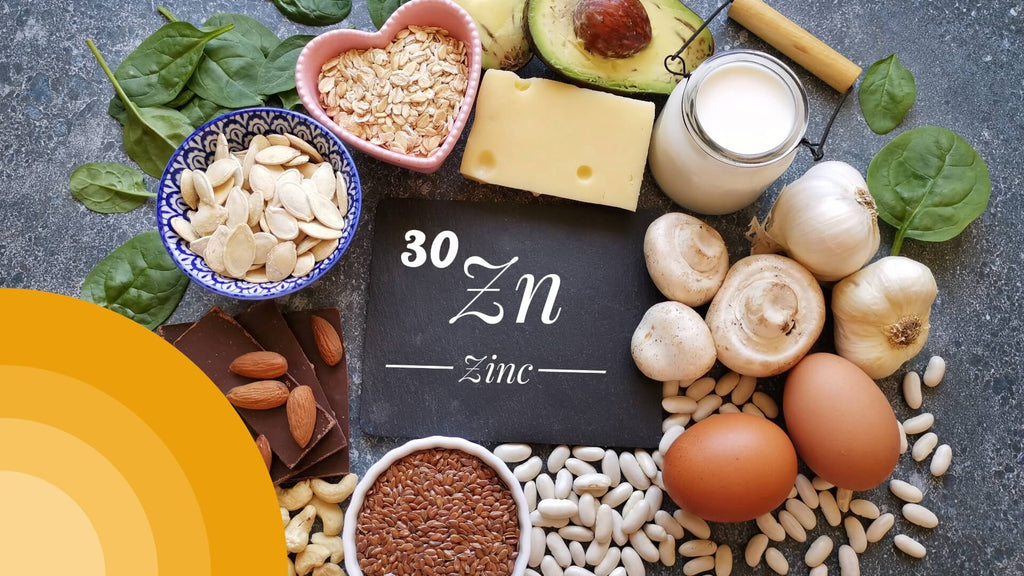Supplements are a popular way to support various aspects of health, from energy and immune function to skin health and wound healing. One essential mineral that is often included in supplement formulas is zinc, which plays a critical role in many physiological processes in the body. In this article, we will focus on the specific benefits of zinc for wound healing, including how it works, why it is important, and the best ways to get more zinc in your diet.
Zinc is an essential mineral that is required for the proper functioning of over 300 enzymes in the body. It plays a key role in many physiological processes, including DNA synthesis, protein synthesis, and cell division. Zinc is also important for the immune system, as it helps to support the production of white blood cells and antibodies.
One of the most important benefits of zinc for wound healing is its ability to support the production of collagen, a protein that is essential for skin, tissue, and bone health. Collagen helps to provide structure and support to the skin, which is important for wound healing. Without enough zinc, the body cannot produce enough collagen to repair damaged tissues, which can lead to slow healing and an increased risk of infection.
Zinc also plays an important role in the inflammatory response, which is essential for the healing of wounds. Inflammation is the body's natural response to injury or infection, and it helps to promote the growth of new tissue and the removal of debris. Zinc helps to support the production of inflammatory mediators, such as cytokines and chemokines, which are important for wound healing.
In addition to its role in collagen production and the inflammatory response, zinc is also important for the immune system. Zinc helps to support the production of white blood cells, which are important for fighting infection. When a wound is present, the body needs to produce more white blood cells to fight off any potential invaders, so getting enough zinc is crucial for wound healing.
So, how can you get more zinc in your diet? Some good food sources of zinc include oysters, red meat, poultry, beans, and nuts. You can also take zinc supplements, but be sure to talk to your doctor before starting any new supplement regimen, especially if you have any pre-existing medical conditions or are taking any medications.
In conclusion, zinc is an essential mineral that plays a critical role in many physiological processes in the body, including wound healing. It helps to support the production of collagen, the inflammatory response, and the immune system, all of which are important for healing wounds. To get more zinc in your diet, consider including foods like oysters, red meat, poultry, beans, and nuts. Additionally, you can also talk to your doctor about taking zinc supplements.
